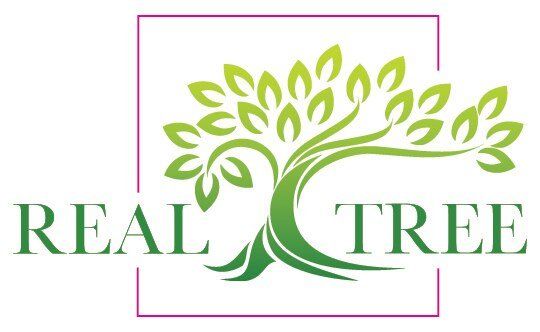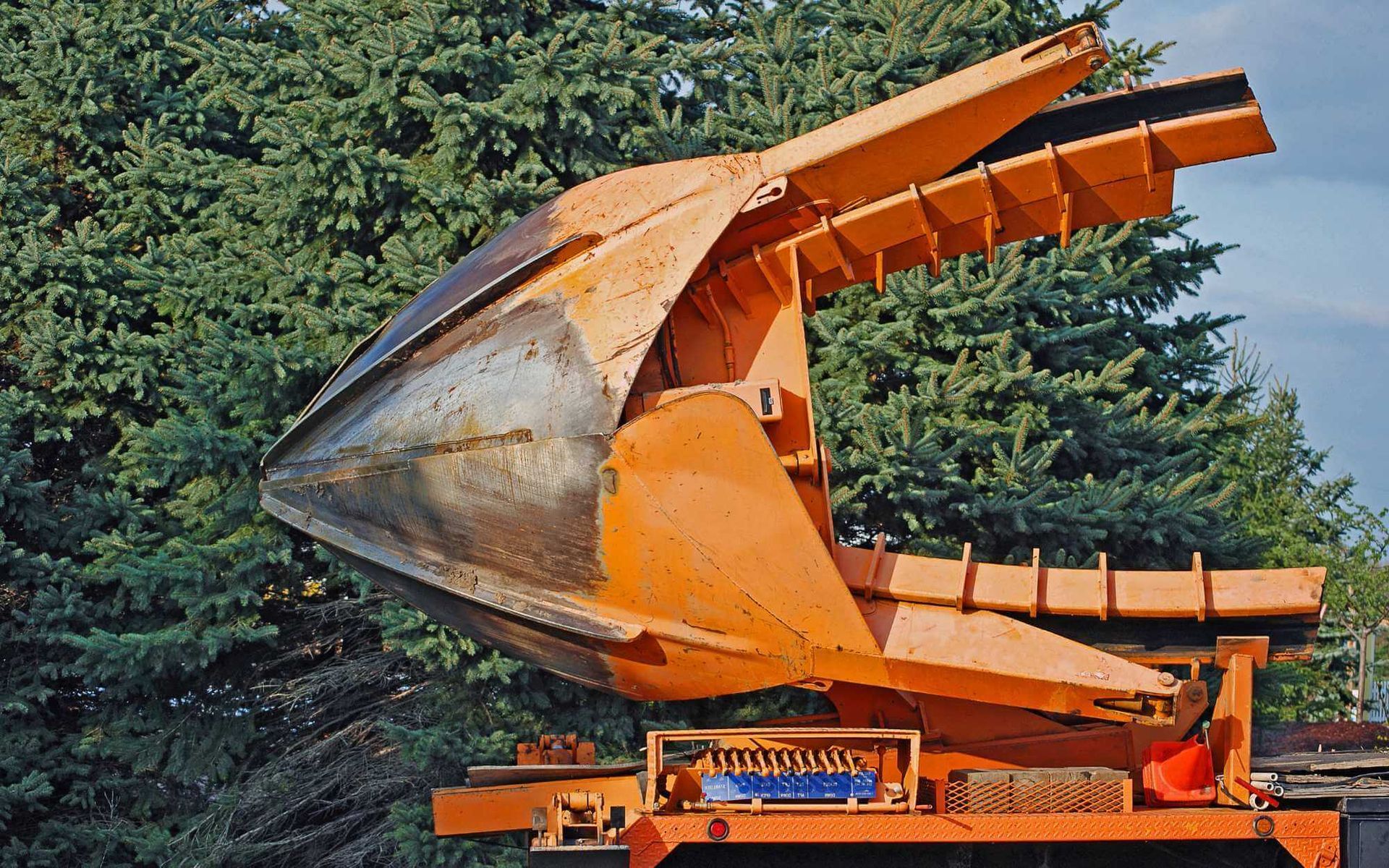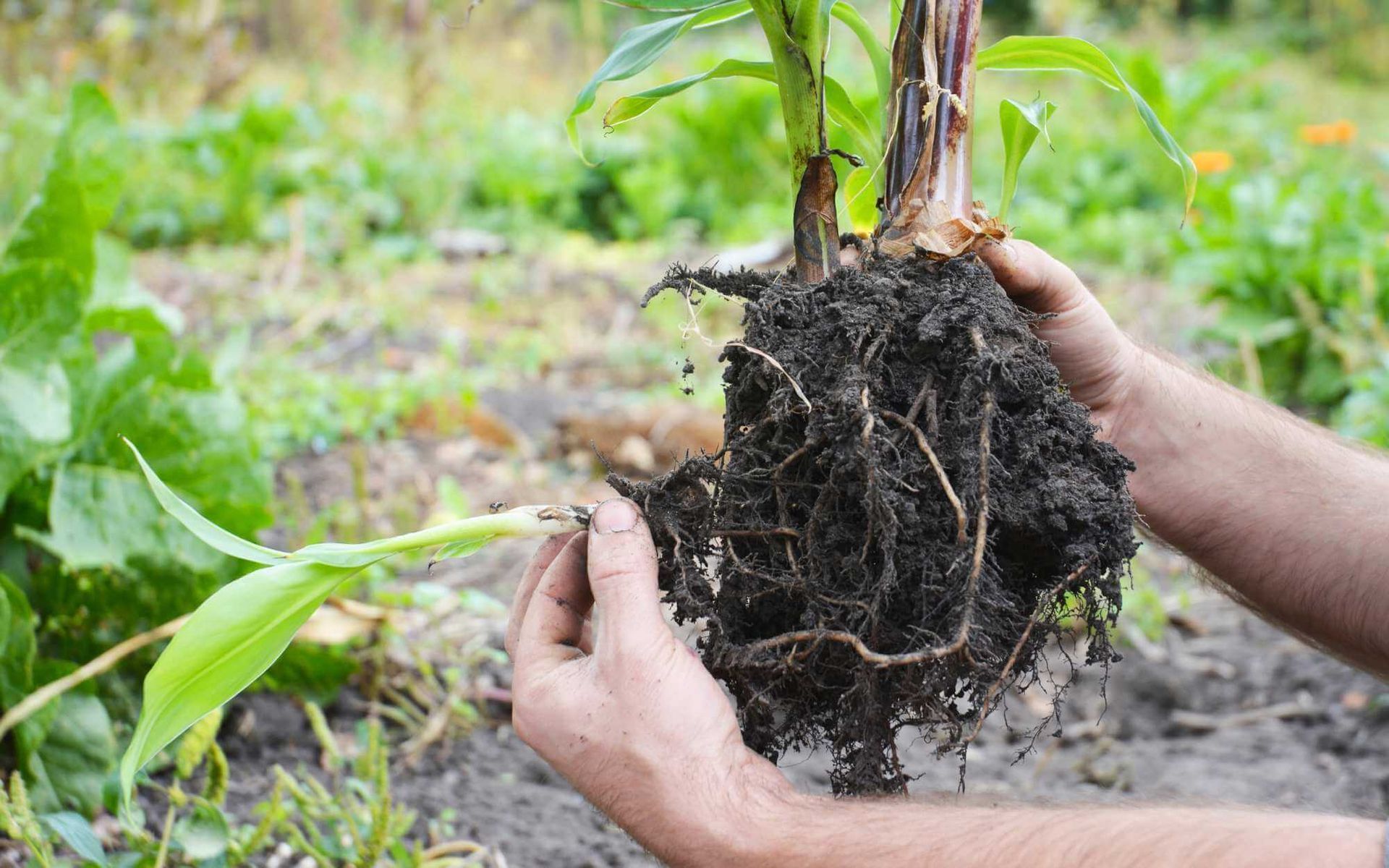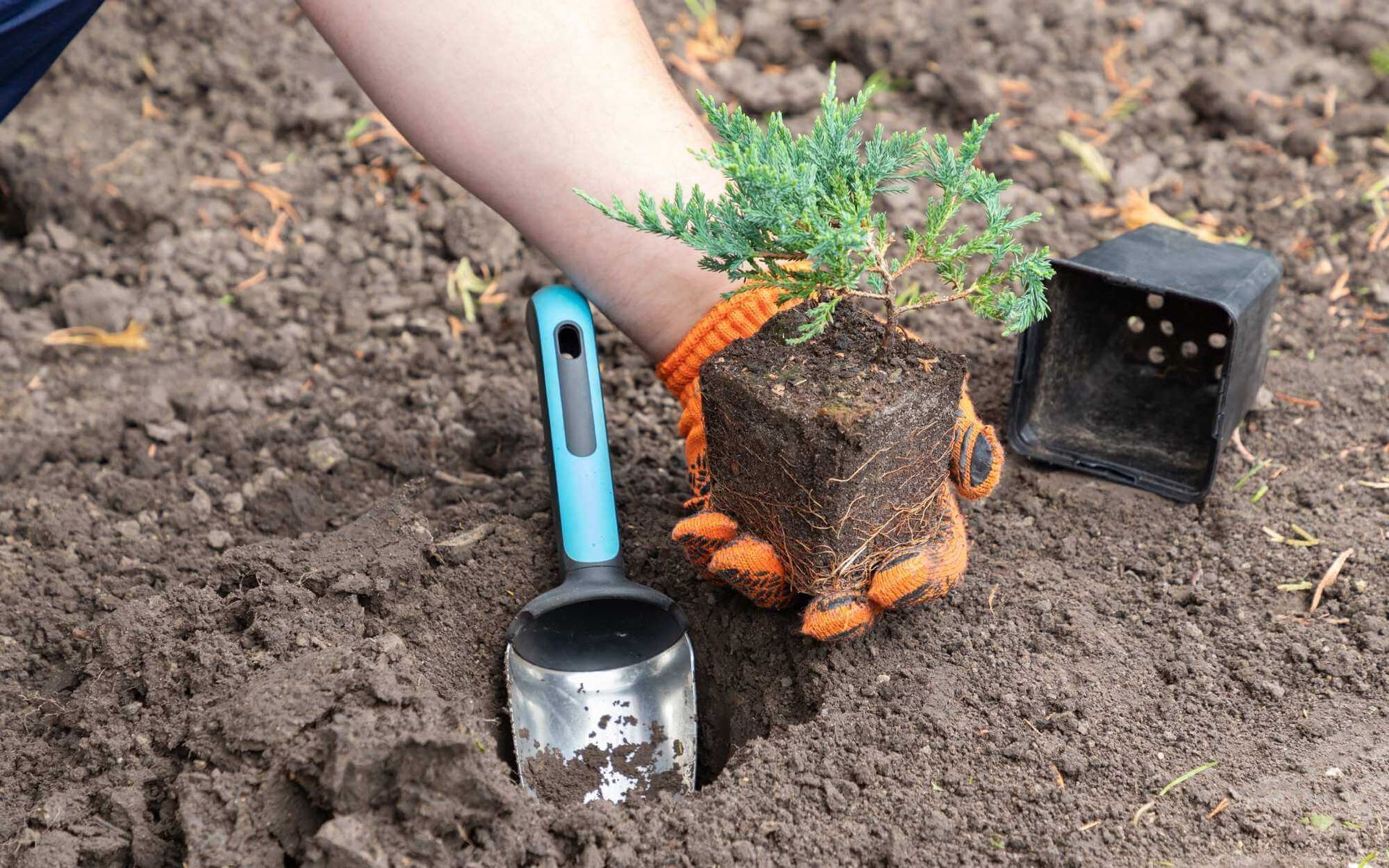Real Tree Team
Arborist, Tree Service and Tree Removal Services
License #: FL-10250A
CALL FOR A FREE QUOTE!
Forest Health Care: The Benefits of Tree Canopy Thinning
PUBLISHED ON
SHARE THIS ARTICLE
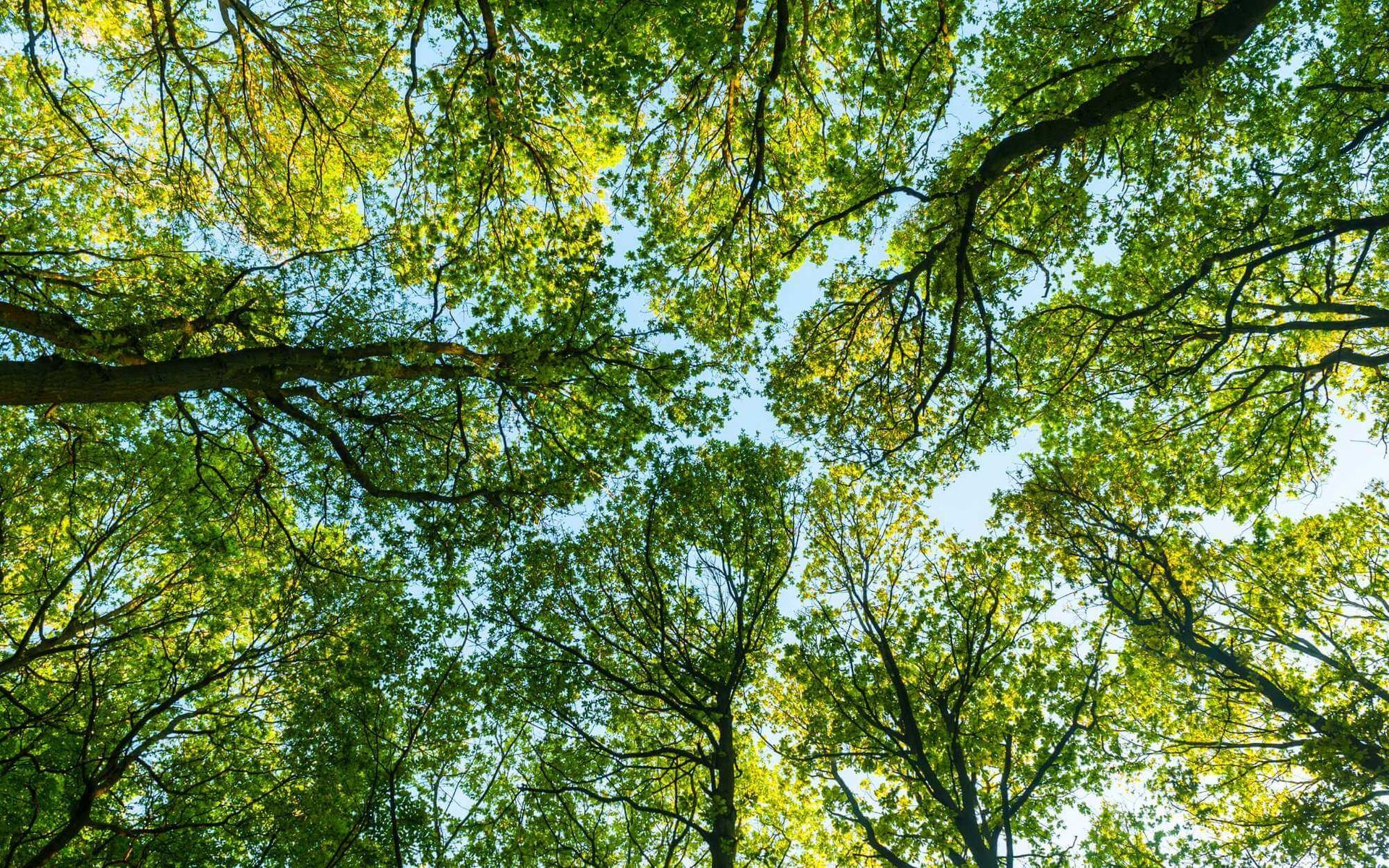
Welcome to our blog where we delve into the fascinating world of forest health care.
Today, we cast a spotlight on a practice vital to the well-being of our forests: tree canopy thinning. This technique involves the selective removal of trees and undergrowth to allow more light to reach the forest floor.
While the idea of removing trees might initially seem counterintuitive in the quest for healthier forests, canopy thinning plays a crucial role in biodiversity, forest rejuvenation, and even fire control.
In this blog, we'll explore the importance of
tree canopy thinning, shedding light on how this practice sustains the vibrant, thriving ecosystems we value and enjoy.
Aesthetic Benefits
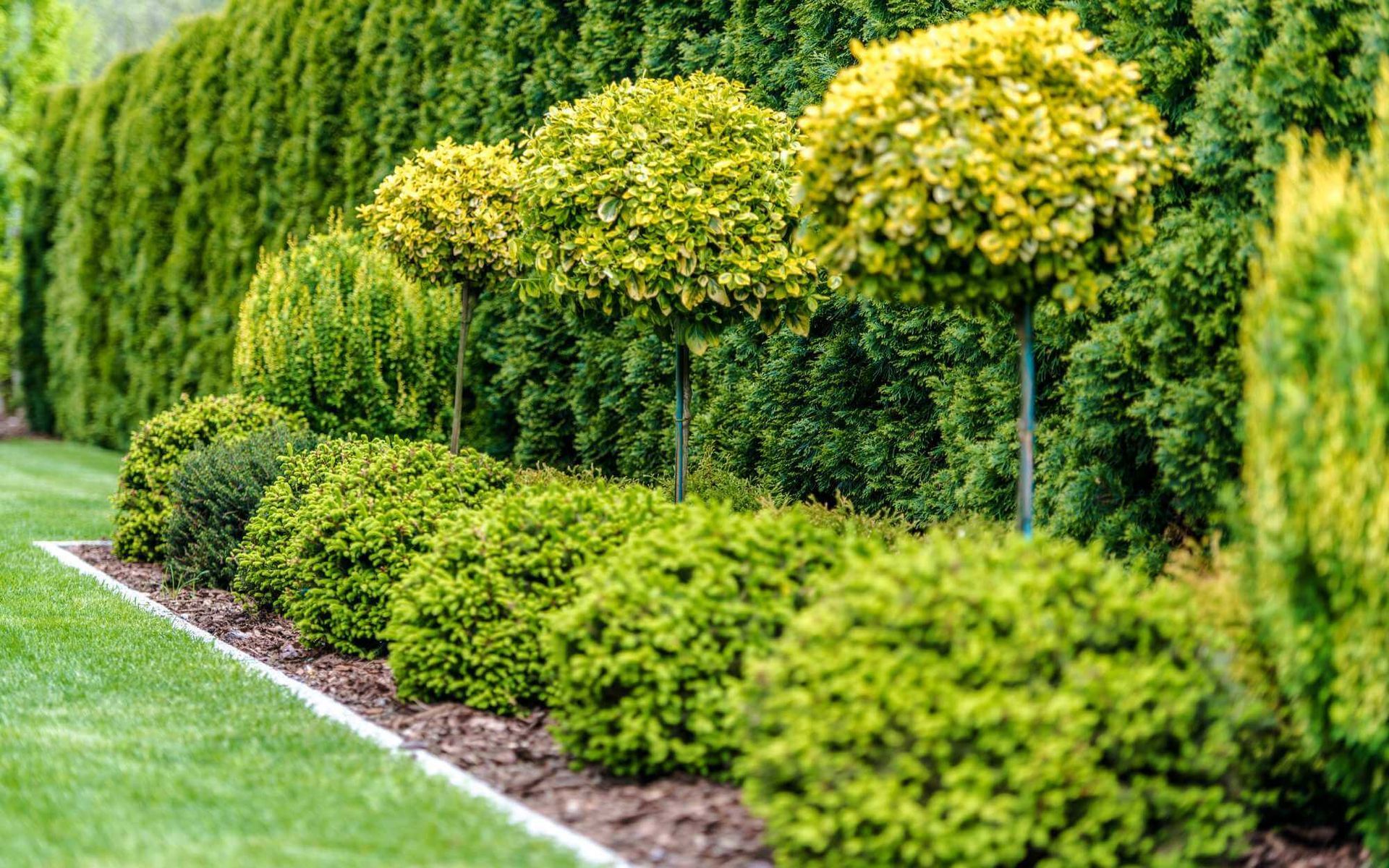
Canopy thinning improves visual appeal, enhances landscape design, and increases natural light penetration. These benefits extend beyond mere aesthetics.
Improved visual appeal: Canopy thinning, by selectively removing trees, enhances the visibility of remaining trees and shrubs. This brings out the unique characteristics of individual plants, creating a more diverse and visually appealing forest landscape.
Enhanced landscape design: Thinning allows for more strategic and thoughtful landscape design. It provides landscape architects with the room to highlight specific elements within the forest, creating a more intentional and harmonious design that aligns with their aesthetic vision.
Increased natural light penetration: By reducing the density of the tree canopy, thinning allows more sunlight to reach the forest floor. This not only brightens the forest ambiance but also stimulates the growth of a wider variety of plant species, contributing to the overall biodiversity.
Ecological Benefits
Tree canopy thinning offers myriad ecological benefits, essential for the maintenance and enhancement of forest health and biodiversity.
Promotion of biodiversity: Canopy thinning allows more sunlight to reach the forest floor, stimulating the growth of a wider variety of plant species. This diversity creates habitats for numerous animal species, fostering a robust and vibrant ecosystem that supports a wide range of flora and fauna.
Restoration of natural habitats: Over time, some forest areas can become dense and unbalanced. Canopy thinning serves as a tool to restore these natural habitats, promoting a more balanced tree population and offering a healthier environment for wildlife to thrive.
Prevention of overcrowding and competition among trees: Overcrowding can cause trees to compete for resources, leading to stunted growth and increased susceptibility to diseases. Tree canopy thinning helps manage this competition, ensuring that all trees have adequate access to essential resources such as sunlight and water.
Economic Benefits
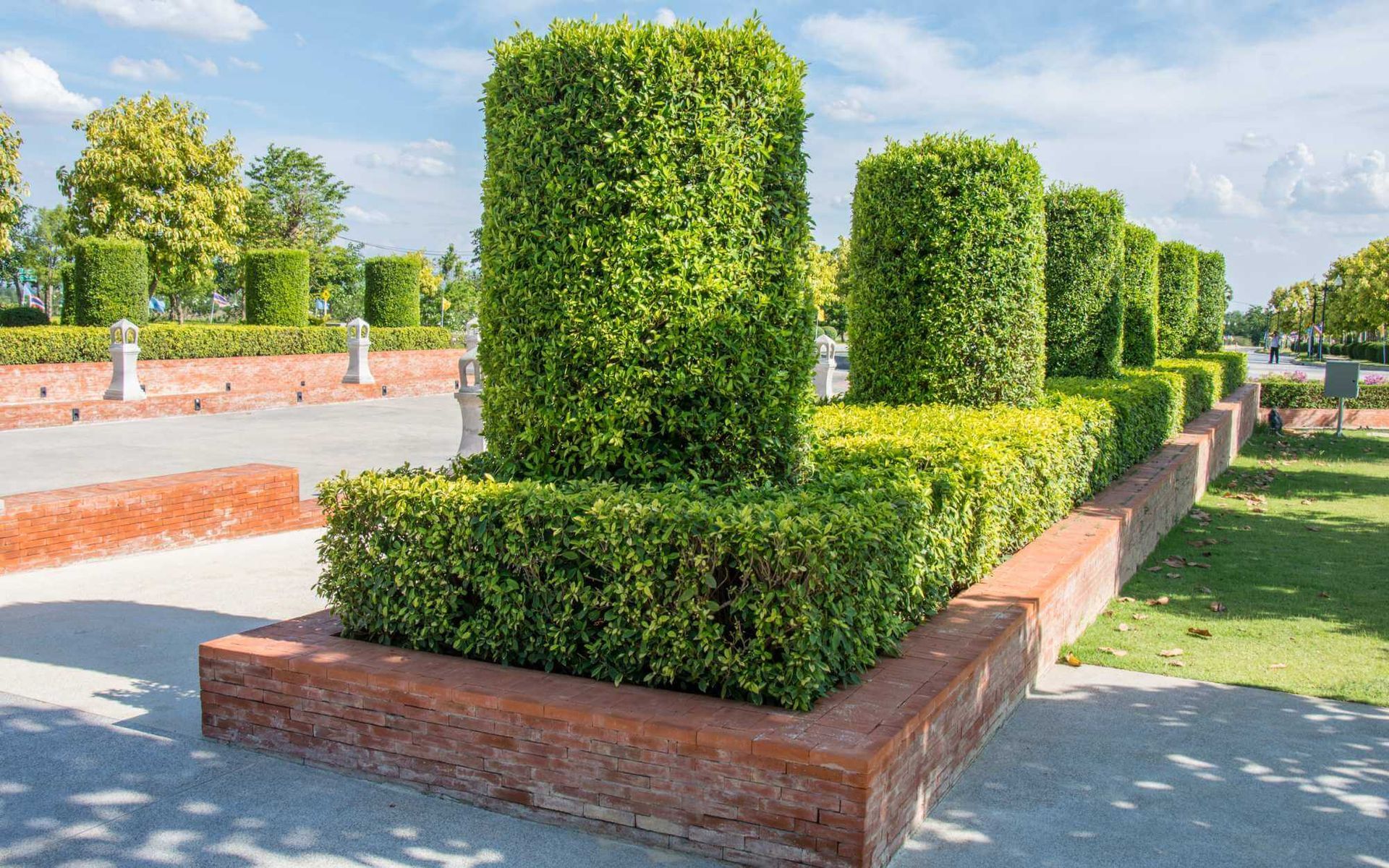
Tree canopy thinning can also yield substantial economic benefits, impacting property values, energy costs, and damage prevention.
Increased property value: A well-maintained forest positively influences property values. Thinning improves the aesthetic appeal and overall health of the forest, making nearby properties more desirable and potentially increasing their market value.
Reduced energy costs through shade and insulation: Canopy thinning contributes to energy conservation by creating an ideal balance of shade and sunlight. It prevents overheating during summer by allowing a gentle breeze to pass through while providing insulation during winter, thus reducing reliance on artificial heating and cooling systems, leading to lower energy costs.
Reduction of storm damage to structures and infrastructure: By removing weak or potentially hazardous trees, canopy thinning reduces the risk of tree or branch fall during storms. This helps prevent damage to nearby structures and infrastructure, offering potential savings in repair costs and insurance claims.
Social Benefits
Tree canopy thinning offers significant social benefits, enhancing urban life, public health, and mental well-being in numerous ways.
Creation of recreational opportunities in urban areas: By removing excess foliage and creating open spaces, canopy thinning can transform dense urban forests into recreational areas. These places offer city dwellers a chance to engage in outdoor activities, fostering a sense of community and promoting a more active lifestyle.
Improvement of air quality and mitigation of noise pollution: Canopy thinning, when done strategically, can improve airflow, enhance the forest's capacity to absorb pollutants, and mitigate urban noise pollution. This leads to an overall improvement in the urban air quality, making cities more livable and healthier.
Promotion of mental health and well-being: The creation of open, green spaces through forest thinning can have a profound impact on mental health. Being in nature, even within an urban context, can reduce stress, improve mood, and promote a sense of peace and well-being.
Optimize your forest's health with the benefits of canopy thinning!
Tree canopy thinning is a multifaceted practice that not only serves aesthetic purposes, but also bolsters ecological health, offers economic advantages, and enriches our social and mental lives. This method, when applied correctly, can transform forests into vibrant, healthy, and diverse ecosystems while also enhancing human well-being and economic prosperity.
We invite you to join us in our mission to advocate for and implement these sustainable forestry practices. Let's work together to ensure the longevity and vitality of our beloved forests.
Interested in learning more or getting involved?
Contact our
canopy thinning pros today and start making a difference!
Want a free quote or some friendly advice? Call our team today:
More Posts From The Real Tree Blog:
ISA Certified Arborists. Licensed, Insured and Bonded.
Providing the Highest Quality Tree Services to South Florida since 1993.
FOLLOW US ON :
Contact Details
BROWARD & PALM BEACH COUNTIES
Site Links

LGBTQ+ Friendly

ISA Certified Arborist®
FL-10250A
| Real Tree Trimming & Landscaping, Inc

